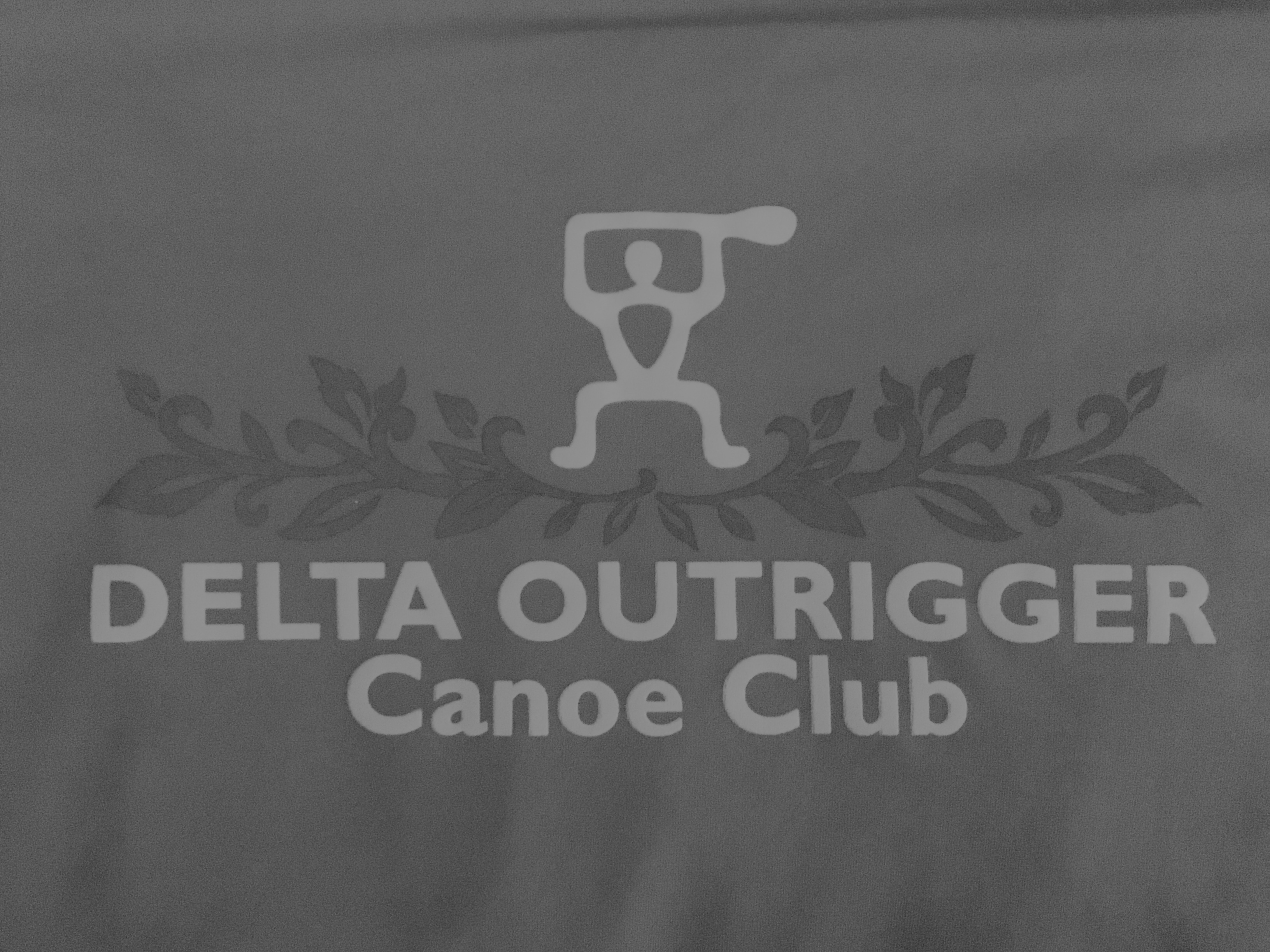Delta Outrigger Safety Guidelines
Fitness and medical
- Paddling can be strenuous. Anyone new to an exercise program should consult with their doctor, and self-assess if they are ready for paddling.
- It is recommended that paddlers be comfortable in the water: recommended swimming ability equivalent to treading water 1 minute and swimming 50 metres
- Inform your coach, steersperson/captain of any health issues or medications that may affect your attention or performance.
PFD
- Your PFD needs to fit properly and be approved by Transport Canada – check the label.
- You are required to have a Transport Canada APPROVED PFD. – IT WORKS WHEN YOU WEAR IT!
- Have a pealess whistle attached to you PFD.
- Paddlers who can not swim should wear PFD’s all the time. and the rest of the team needs to know if you are a non-swimmer and have a plan in case of a huli.
- DOKA highly recommends all paddlers wear their PFD rather than store it under your seat or on your boat.
File a Trip Plan
- Members should ensure, each time they go paddling, that someone knows when they are paddling, their probable route, and when they are expected to return. If paddlers do not ‘check in’ when expected, this contact person can start the process of making sure the paddler is safe.
- Use calendar sign up sheet to indicate expected time on the water
Check the Outrigger EVERY time it goes out.
- canoe is in proper condition,
- have all the recommended safety equipment. (link to equipment overview on our website)
- Bailers
- Lashings tight and in good condition
- Bulkheads and Ama watertight and fitted with proper plugs.
Check the local weather conditions: Delta Tide Charts
- Wind speed and direction,
- air/water temperature,
- tides, currents,
- fog.
- What is the forecast?
- What time does the sunset?
Winter Paddling October 15 to March 31
ALL PADDLERS USING DOKA BOATS MUST WEAR Transport Canada APPROVED PFDs
-
Cold weather makes the fiberglass boats more fragile, so extra care must be used when handling them.
- All paddling must be suspended when the temperature is below 0 degrees Celsius. (Including the wind chill).
- Paddling must be suspended in fog where visibility is less than 50m.
- Paddling must be suspended when there is any ice on the slough. This is to protect the canoes from ice damage.
- All crew members should be in agreement as to the route, time, and each paddlers’ emergency tasks before going out on the water. If you are going out in cold weather BE PREPARED.
- Be cautious as dock and ramp may be very slippery
- Paddlers venturing past breakwater must stay within 50 m of shore at all times.
-
Must paddle in pairs at all times
-
May not venture past the breakwater unless accompanied by a coach boat or paddling with an experienced Club Member
Huli drill
Every member must complete a huli drill in each type of canoe they paddle (OC6, 1 and 2), once every year.
Safety is everyone’s responsibility, all the time. It’s not just the Captain’s job. If in doubt, don’t go out.
